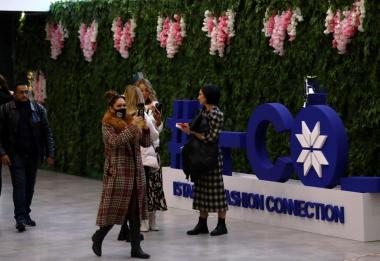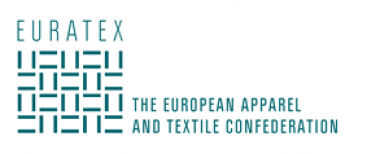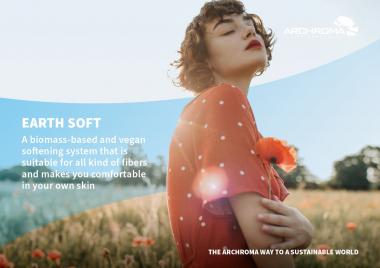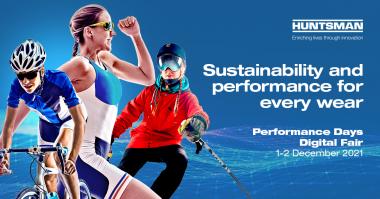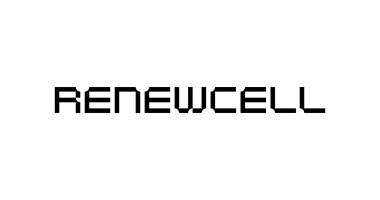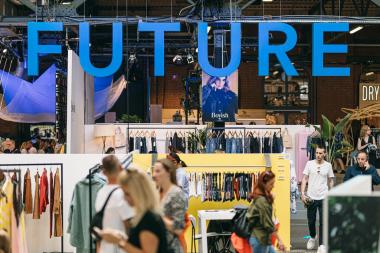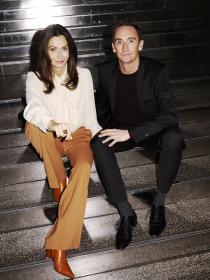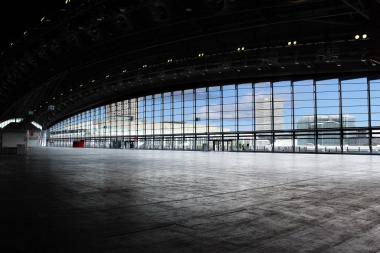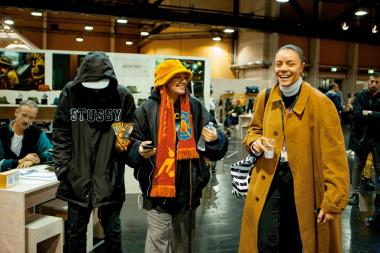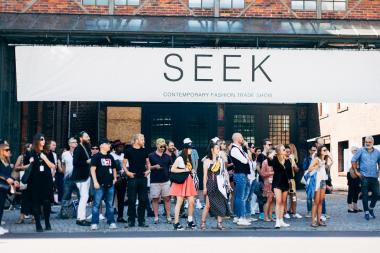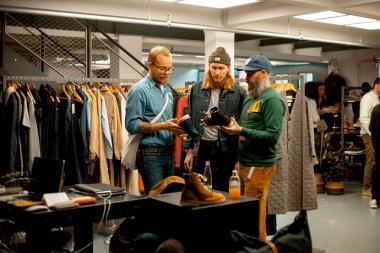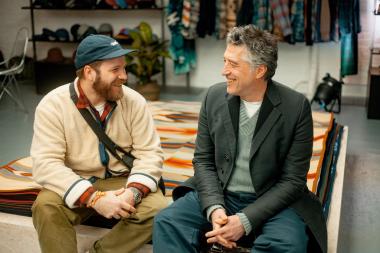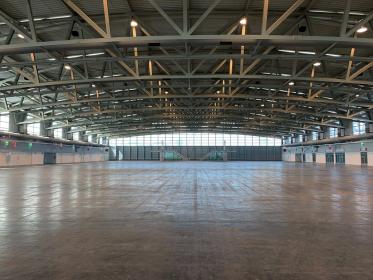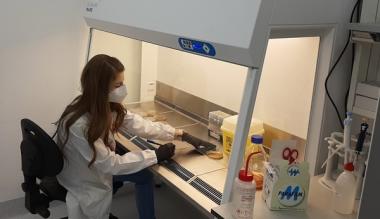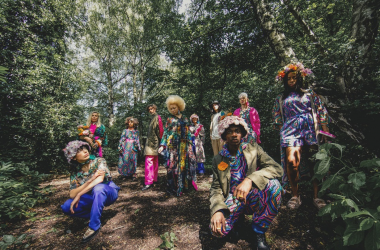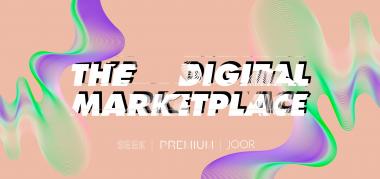Successful premiere of Istanbul Fashion Connection at Istanbul Expo Center
- more than 600 exhibitors
- almost 25,000 visitors, with a nearly 50% share of international visitors: mostly from Russia & CIS countries, Europe and Middle East/North Africa
- trend of increasing exports of Turkish textiles to the EU, record figure of US$ 20.3 billion reached in 2021, trend will continue in 2022
More than 25,000 visitors from about 100 countries attended the kick-off event of Istanbul Fashion Connection. Over 600 companies presented their collections on more than 35,000 square meters of exhibition space and provided information about their creative collections and production capacities in the areas of womenswear, menswear, kidswear, denim, shoes, leather and fur, lingerie and bridal and evening wear.
Turkey is seeing record figures in garment exports, one of the four engines of Turkey's industry with the EU as the largest export market. In 2021 alone it shows an increase of almost 20% compared to 2020. The momentum in Turkey's industry has been accelerated by the pandemic. Delivery bottlenecks could be bridged and near shoring becomes a competitive advantage.
With Istanbul Fashion Connection, the Istanbul Ready-to-Wear and Apparel Exporters' Association (IHKIB) in cooperation with the Istanbul Chamber of Commerce is launching an international fashion platform with a biannual rhythm for Turkish and international manufacturers. The next event will take place from August 24th to 26th, 2022.
Jandali


